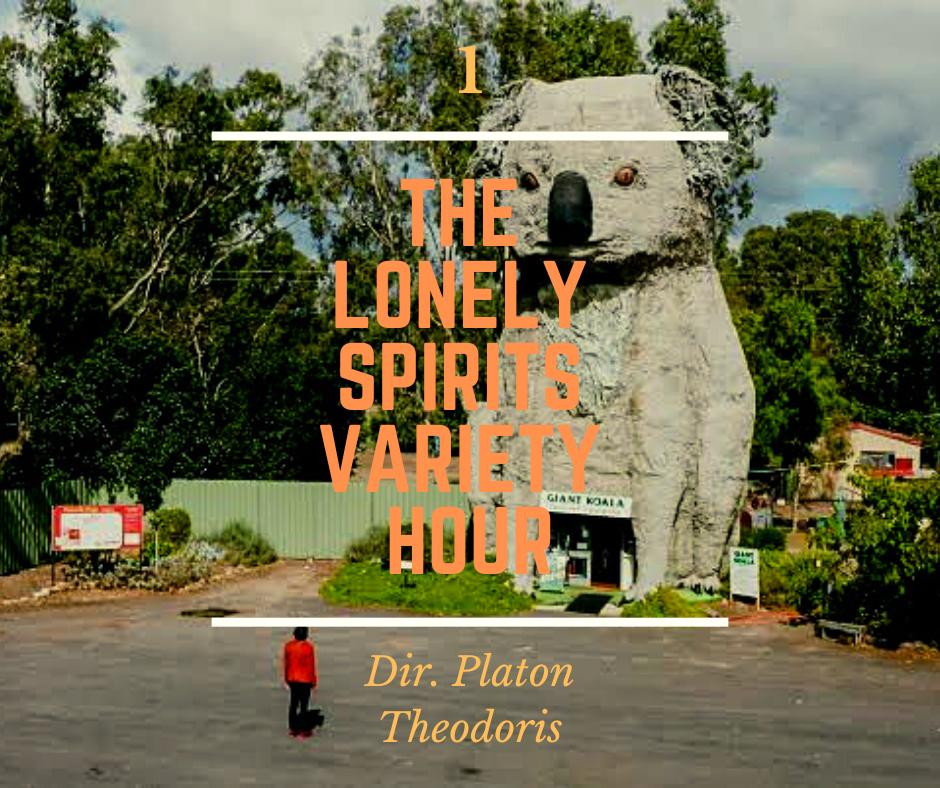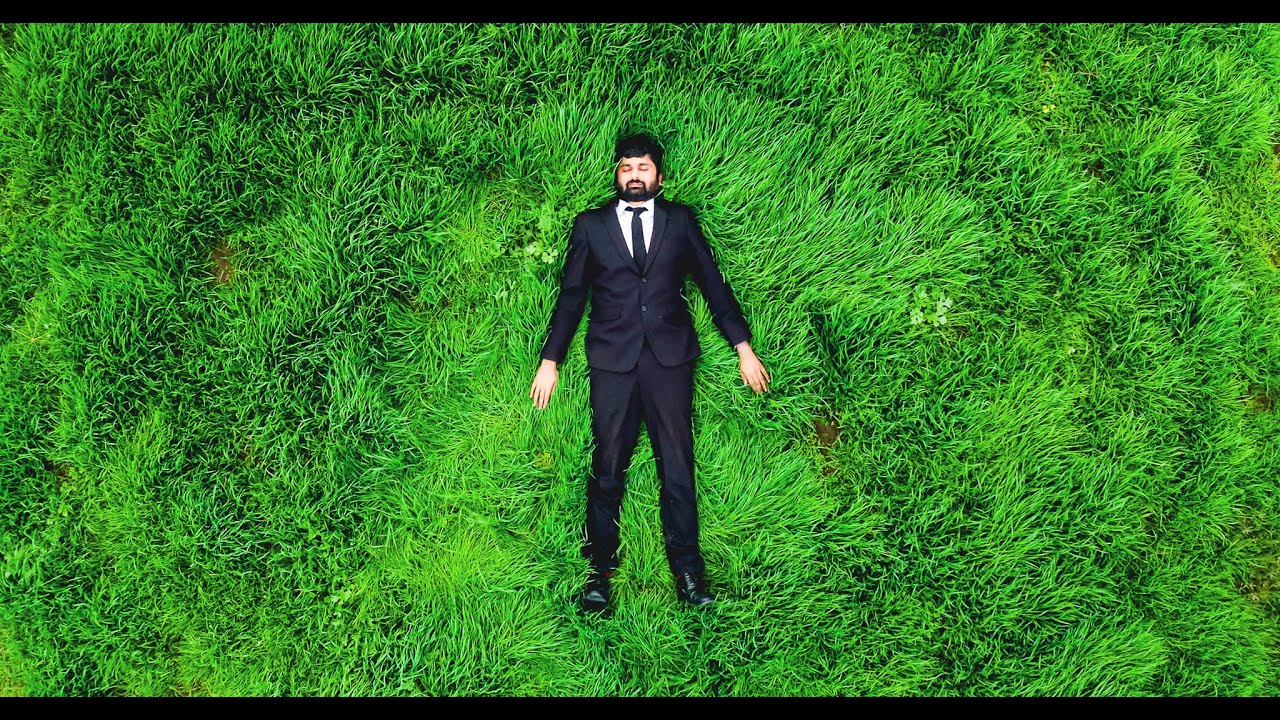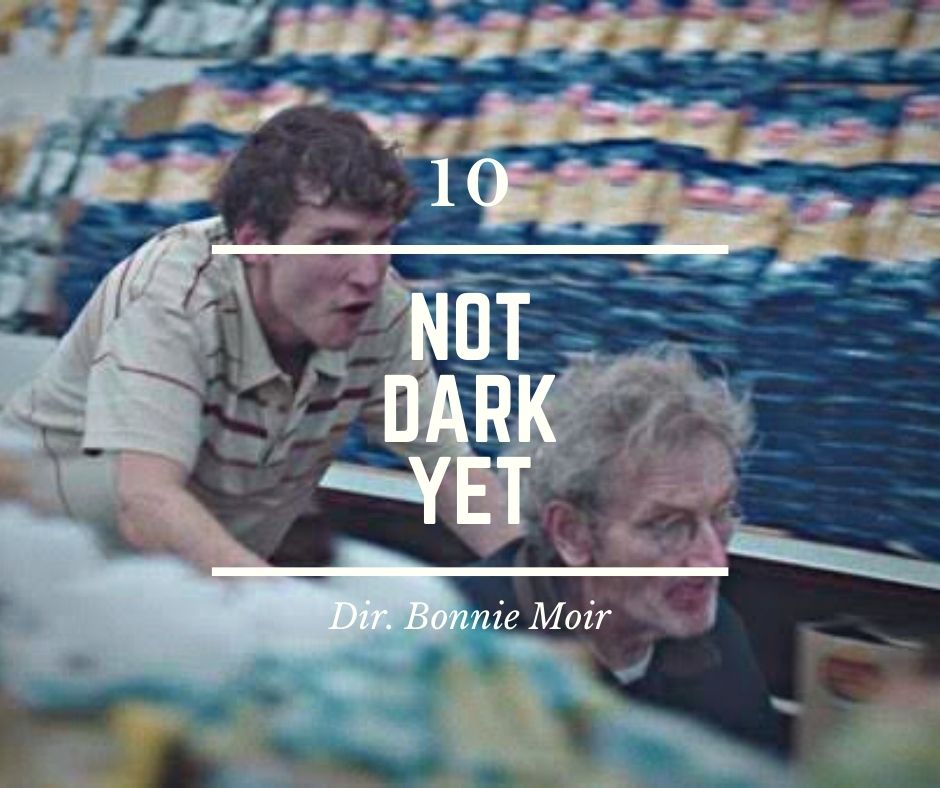

Watch Not Dark Yet here
Bonnie Moir’s devastating short film Not Dark Yet hits like a fucking sledgehammer. An elderly man, Russell (Richard Moir, Bonnie’s father), lives in an aged care facility. His son, Luke (Nicholas Denton), is on the cusp of becoming his adult self. Russell relies on Luke to be his tether to the world outside the dark catacomb of the facility he is housed in, an while Luke clearly loves his father, the possibilities of the world await him. Not Dark Yet feels so intimate and familiar that it often feels like a mirror being held up to the audience. Moments of playfulness between Russell and Luke highlight the tender, joyous bond that the two share, showing that Luke’s decision to leave Russell abruptly isn’t one made of malice or frustration at his fathers ailing body. Richard’s performance will break your heart, while Bonnie’s direction will leave you in awe. Not Dark Yet is a sign of an important director on the rise.
Goran Stolevski’s confident and assured debut You Won’t Be Alone plays with the sub-genre of folk horror and pushes through its thematic overcoat of trauma to triumphantly announce itself as a stunning examination of life, living, and the harsh reality of the human condition. Cruelly shunned by local audiences and the AACTAs, You Won’t Be Alone stands as a rare Australian film that has received widespread international acclaim. Arguably, these same audiences may be unaware that it is, in fact, an Australian film, but that aspect doesn’t matter when the anthology-like narratives feel so universal. To break down this film in a short paragraph is to do it an injustice, so trust me when I say that this is a film that’s best embraced with knowing as little as possible. Just know that it’s like someone put Terence Malick in a teleport device with the All the Haunts Be Ours: A Compendium of Folk Horror box set and the melded product on the other end was this film.
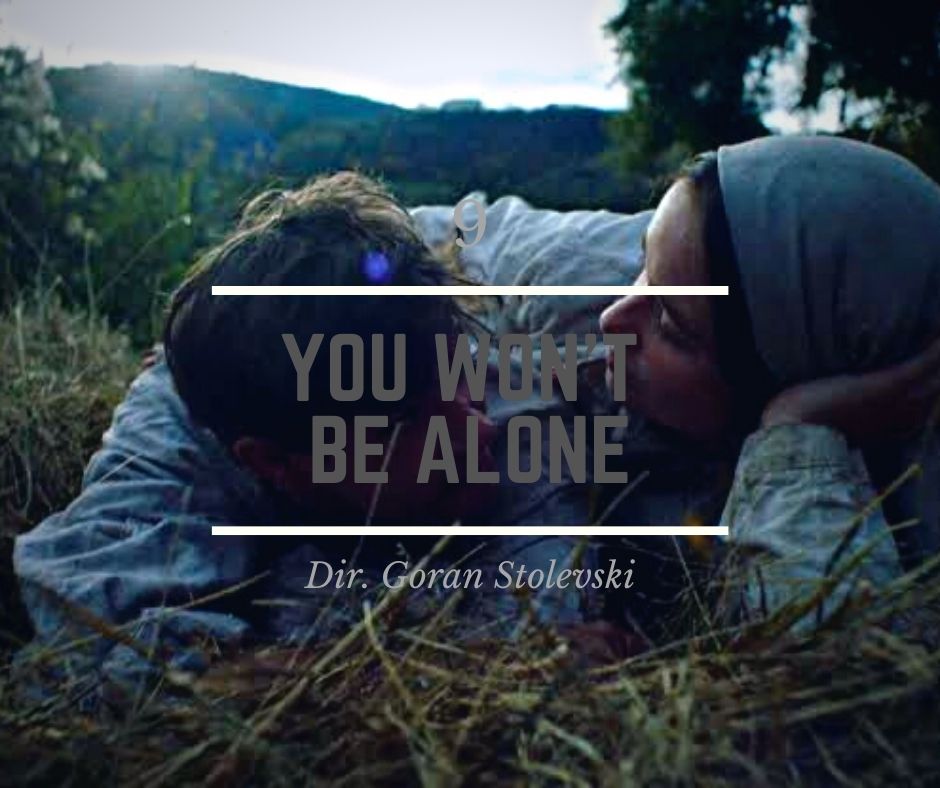

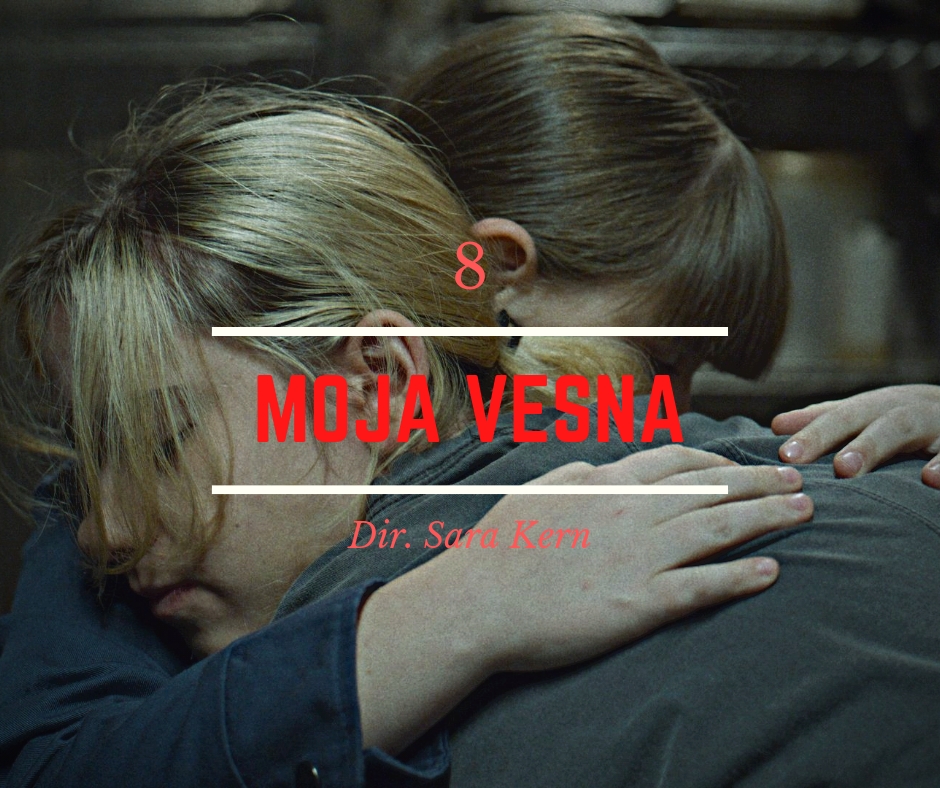

Sara Kern’s debut feature Moja Vesna is a family drama wrapped around an engaging and powerful central performance from newcomer Loti Kovačič as Moja who gives one of the most powerful and soul-wrenching turns by a young actor in recent years. 10-year-old Moja has become the surrogate parental figure to her morose sister Vesna (Mackenzie Mazur) after the death of their mother. Equally adrift is their father Miloš (Gregor Baković) who manages to feed and house Moja and Vesna but finds it hard to navigate the additional impending life change that is awaiting the immigrant family: Vesna’s late-stage pregnancy that she almost entirely ignores the notion of occurring. Kern throws Claudia Karvan’s empathetic stranger Miranda and her whirlwind daughter Danger (Flora Feldman) into the mix to bring a welcome aspect of levity to the sombre situation. Australian films are often criticised for being too bleak or depressing, and while Moja Vesna does fit that brief, when it’s as confidently and empathetically made as Sara Kern’s film is, then who cares? May she craft a library of films that crumbles my soul like Moja Vesna does if she so desires.
Of all the films on this list, Anonymous Club is the one I’ve revisited the most, having logged it five times on Letterboxd, with one entry stating “This film has become part of me. I can’t separate myself from it.” While I love this film completely, it is a film built for the Courtney Barnett faithfuls of the world, with director Danny Cohen eschewing the traditional music documentary narrative and relinquishing the history of its subject in service of giving Barnett a Dictaphone and asking her to follow her own album title: Tell Me How You Really Feel. Heading out to tour that album, Barnett is open and vulnerable with the Dictaphone in a way that an ‘interview to the camera’ style doc may have struggled to gather. Barnett’s music reflects her own anxieties and mental health, making her Dictaphone entries to Danny feel like supporting evidence to her mental state. Being open about mental illness is difficult, and for Barnett it’s even more complex when that openness takes place in front of a room full of strangers. Anonymous Club was shot on film, giving it a similar warm, ephemeral feeling as to what you might experience at a live concert. Again, this film is unlikely to convert folks unfamiliar with Barnett’s music to her cause, but for the CB faithfuls, this is a comfort watch, a warm embrace, a rare connection in the audience with a stranger across the room as you both sing in unison, tears running down your face, the lyrics to Sunday Roast.




Great Australian comedies feel like rarities amidst an array of films that are nothing but digital noise, which makes Renée Webster’s debut feature How to Please a Woman all the more precious. Webster emerges as a fully formed filmmaker with something to say and intends to do so through pure entertainment and hilarity. How to Please a Woman follows Gina (Sally Phillips), an office worker who finds her life heading towards a rut as she’s swiftly booted out of her job, all while she’s working to reignite a romantic spark in her loveless marriage with Adrian (Cameron Daddo). Noticing an opportunity like no other, Gina swoops in to revive a flailing removal company run by Steve (Erik Thomson) and unexpectedly turns it into a male escort business. Getting to see How to Please a Woman with packed audiences laughing at all the right points is a memory I won’t soon forget, with women of all ages pouring out of the screening saying ‘I wish my husband saw this’ or ‘I need a house cleaner like those guys’. This happened on more than one occasion, showing just how much audiences craved a film that entertained as much as How to Please a Woman did. To quote one audience member I chatted to after a screening as she wiped tears of laughter from her face: ‘I needed that.’
In 2022, Archie Roach was reunited with Ruby Hunter. Prior to his passing, we were gifted with this miracle of a film by Philippa Bateman: Wash My Soul in the River’s Flow. Playing out as a concert film with Uncle Archie and Ruby performing Kura Tungar-Songs from the River, a two-year collaboration with Paul Grabowsky and the Australia Art Orchestra, Wash My Soul in the River’s Flow is as essential as Amazing Grace or Summer of Soul. Footage of interviews from 2004 are intertwined amongst rehearsals and the opening night performance, creating a wholly emotional and soul-enriching experience. As Uncle Archie watches with adoring eyes as Ruby sings in the spotlight, the imagery flows into Bonnie Elliott’s glorious cinematography of Hunter’s Ngarrindjeri country in South Australia. Elliott’s camera embraces the waters of the rivers and the shores that attempt to confine their existence in a breathtaking manner. This is the country that Ruby sings in Ngarrindjeri Woman, this is the home that Uncle Archie sings about in Took the Children Away. Wash My Soul in the River’s Flow changes you, just as Uncle Archie and Ruby Hunter’s music changes you. This film will sweep you up in its wake and carry you along for the ride. It is a miracle.
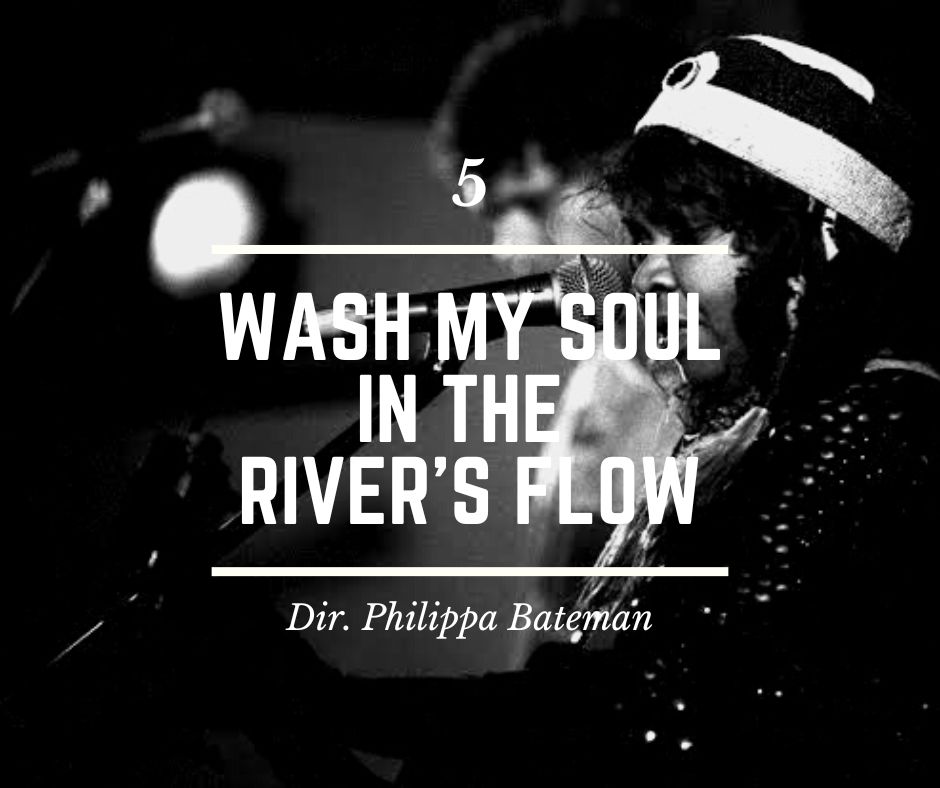

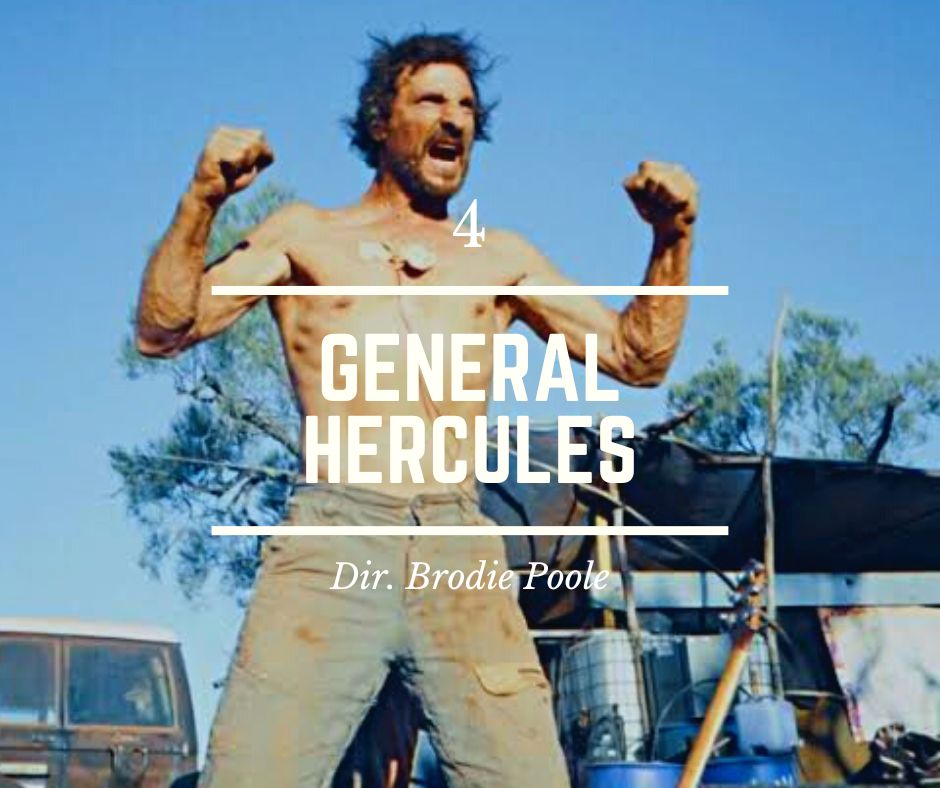

Set during the 2019 Kalgoorlie-Boulder Mayoral election, General Hercules positions the titular John ‘General Hercules’ Katahanas as the David to the incumbent Mayor John Bowler’s Goliath. Katahanas is a character like no other, a raw bloke born out of the dust with a wild vision for how to better lead Kalgoorlie-Boulder. Director Brodie Poole utilises startling imagery of the growing ‘Super Pit’ that threatens to swallow the town of Kalgoorlie whole as a contrast against the hopes and dreams of the townsfolk. Poole doesn’t lay judgement upon Katahanas or any of the other inhabitants of Kalgoorlie, instead he allows their eccentricities to thrive in the moment, creating one of the most entertaining and engaging political narratives captured on screen in recent Australian history (and given the Federal leaders we’ve had, that’s saying something.) Poole’s fascination with humanity as a whole comes through strong in moments where he lets the camera just roll and capture the absurdity of the voting mind, like when a man walks up to John Bower on the street asking him “Are you the guy in the posters?”, and then demands that he makes the skimpies skimpier. General Hercules is like an opportune find in the wilderness, kicking a dirt covered gold nugget and discovering a wealth of riches. It stands as a triumphant example of what modern documentary filmmaking looks like.
With his second film The Stranger, Thomas M. Wright examines a real-life tragedy through the perspective of the undercover police officer (Joel Edgerton’s Mark) who works to ensnare Sean Harris’ Henry Teague within a manufactured crime syndicate that exists solely to bring him down. The violent act that Henry has been alleged of is rarely mentioned in the film with Wright allowing the echoes of trauma to reflect through the narrative until the soul-crushing conclusion. The Stranger is a meticulous, powerful film. It is also one that plays as another entry in the ever-growing library of Australian films that attempt to reconcile with the violence, trauma and resulting tragedy that has occurred on this broken land. For some viewers, this almost obsessive quality that some Australian filmmakers have with the acts of murderers is too much, creating a pall that hangs over the rest of Australian cinema, but for filmmakers like Wright their films exist to try and make sense of the world that we live in. Best watched when paired with the equally explorative and questioning short film Mud Crab by David Robinson-Smith, a film that also tries to make sense of the violence in this country, ultimately coming to the conclusion that those who inflict brutality on the innocent are crabs in a bucket pulling each other down. In both The Stranger and Mud Crab, hope and optimism are aliens from another universe.
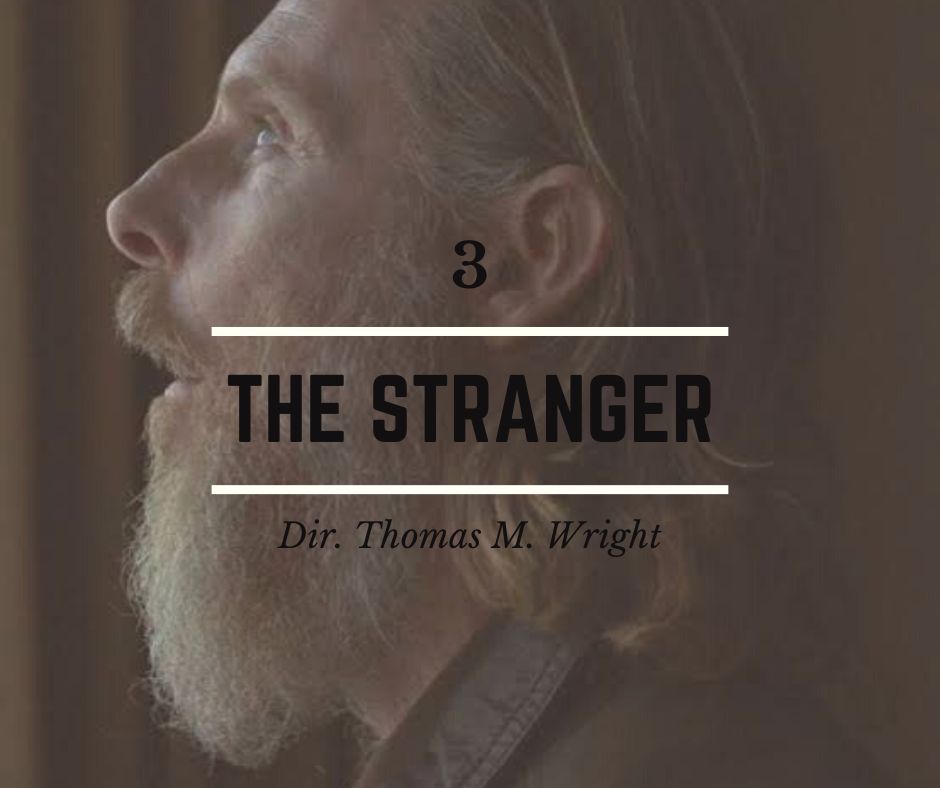

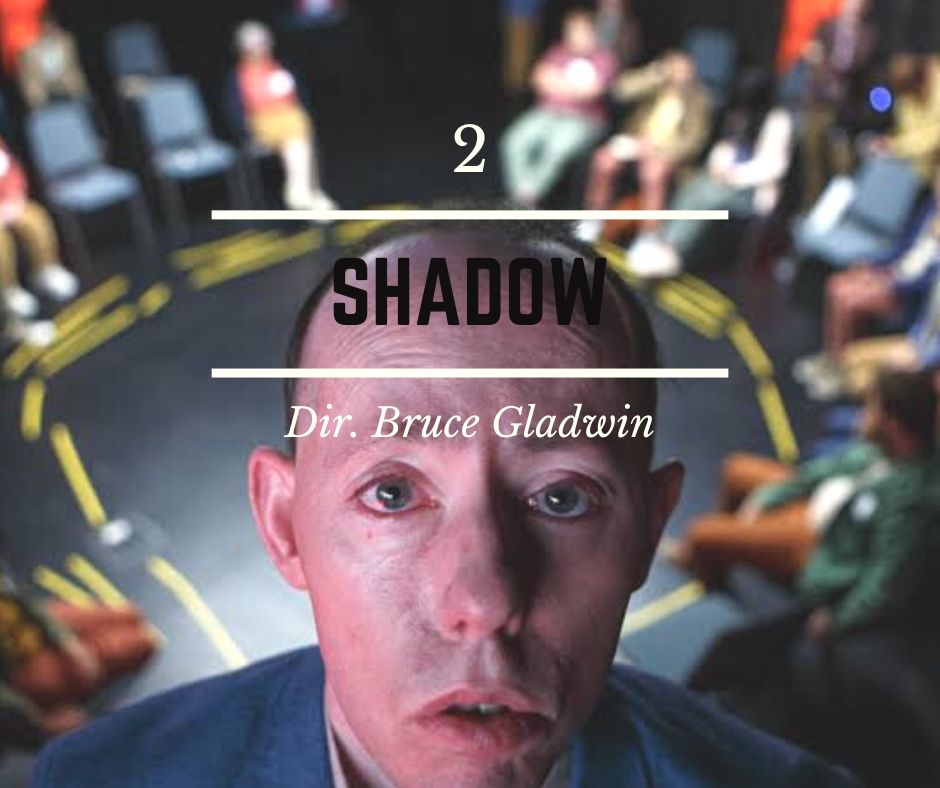

As I write out this list of my favourite Australian films of 2022, a debate rages on social media about the use of AI programs to modify, manipulate, and manufacture ‘artwork’. Each time I see the arguments for and against flit across my screen I’m reminded of the masterpiece of Australian cinema that is Back to Back Theatre and Bruce Gladwin’s Shadow. Lead by a trio of actors (Simon Laherty, Scott Price, and Sarah Mainwaring), Shadow tells the story of a group of intellectually disabled people who commune for a town hall meeting to debate the presence of machines and artificial intelligence in our lives. Shadow confronts its audience with its call to remember exactly what humanity is amidst some seriously wicked moments of comedy (a scene where Scott loses it at the omnipresent three-piece orchestra is one of the funniest scenes in a film this year). There’s a lot to digest here, especially as the gravity of the realisation that we will all be intellectually disabled in the shadow of artificial intelligence sinks in, but Shadow is at its very best with its beautiful and humanistic closing shot. A new benchmark for Australian cinema.
The Lonely Spirits Variety Hour is Platon Theodoris and Nitin Vengurlekar’s wonderfully absurd, hilarious, and moving film about a lone late-night radio host, Neville Umbrellaman (Vengurlekar) beaming his voice into the world from the solitude of his tiny garage studio. It is also the film that I connected with the most in 2022, having left my heart full of both sadness and joy after each viewing. Neville’s radio show is peppered with occasional guests, including visits from Kenneth Wong (Teik-Kim Pok), Yvette (Alison Bennett), and Sabrina (Sabrina Chan D’Angelo). Moments where we see Neville’s family unite around him in a hospital room as he lays dying are interspersed between Neville’s radio ramblings where he ponders about the ethics of household goods as TJ and the Snookergees title song of their 1962 album Purple Carrots plays. Equally absurd are Neville’s encounters with a variety of Australia’s ‘Big Things’; he’s swallowed whole by a big fish, becomes the eye of the Big Merino, and finds love with Sabrina as the red-eyed Big Koala watches on. We carry great films as precious memories of a touchstone moment in our life, allowing them to become part of our souls, and The Lonely Spirits Variety Hour is one such film. In the darkness of a cinema, the blend of absurd ramblings into the void – never truly knowing the audience you’re reaching – with the stark reminder of our own mortality, I felt like I was having my own life presented back at me.
